Pcr Primer Pair
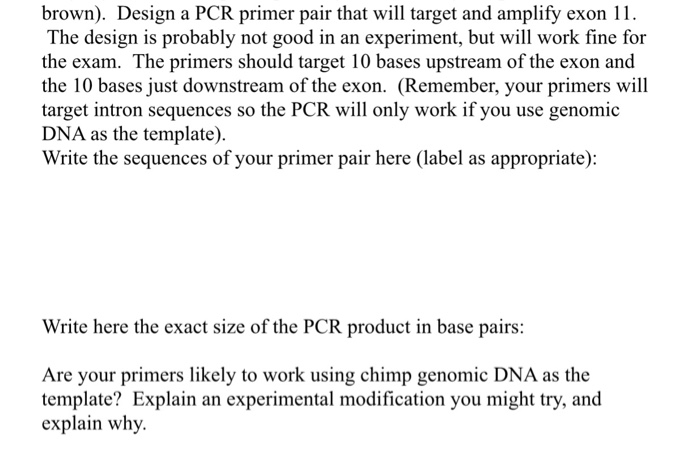
Solved Brown Design A Pcr Primer Pair That Will Target Chegg Com
Digitalcommons Wustl Edu Cgi Viewcontent Cgi Article 1243 Context Open Access Pubs
Q Tbn 3aand9gcqksw6z5yfg9k6y7nfzbgoh65zaj7edursq Hmswh5zid18pniz Usqp Cau
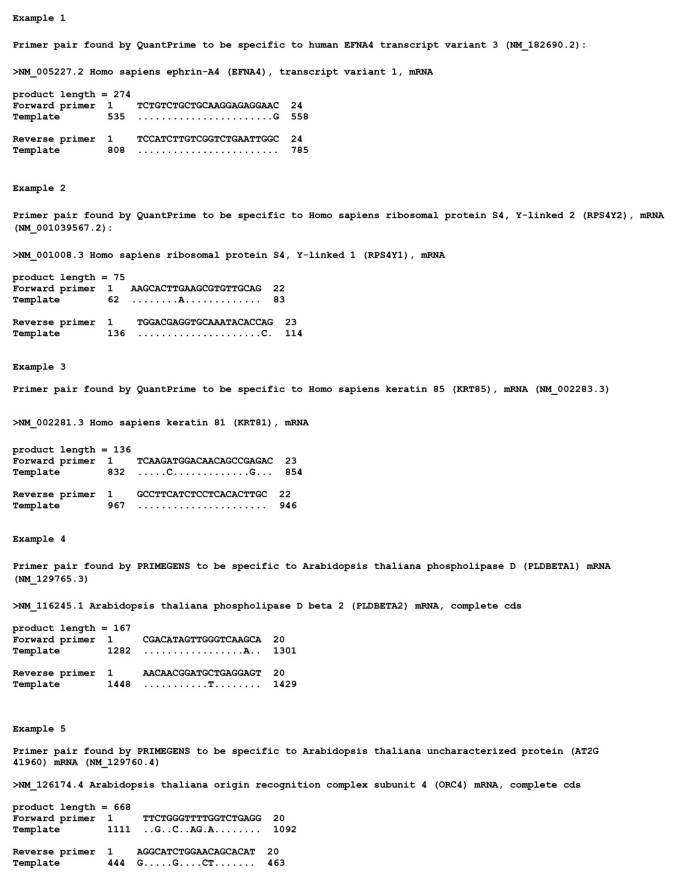
Primer Blast A Tool To Design Target Specific Primers For Polymerase Chain Reaction Bmc Bioinformatics Full Text
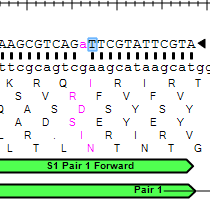
Pcr Primer Design Dnastar

Pcr Product Size And Pcr Primer Pairs Used To Amplify Ppo Genes Download Table
In the Primer Pair Specificity Checking Parameters section, select the appropriate source Organism and the.
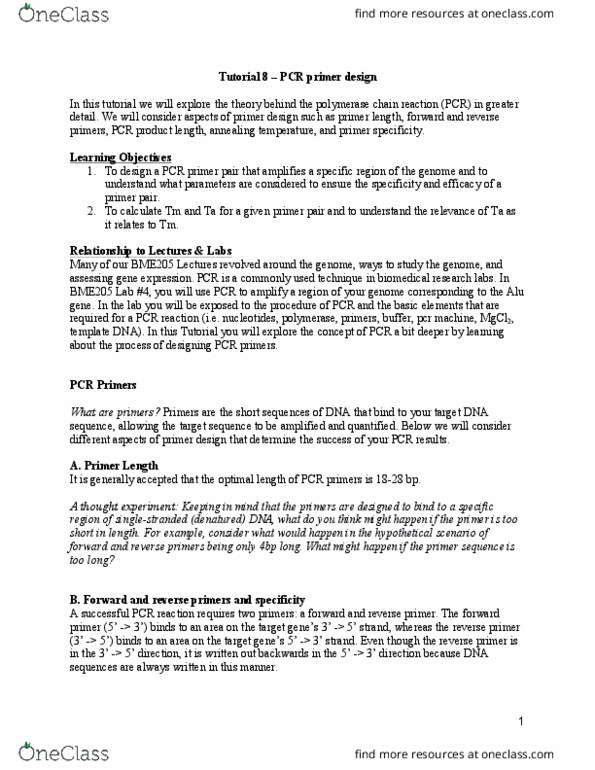
Pcr primer pair. Primers are synthetic DNA strands of about 18 to 25 nucleotides complementary to 3’ end of the template strand. However, the most important considerations for primer design should be their T m value and specificity. Our primer collection covers the entire human and mouse genomes.
Primer blast works only a specificity check when a target template and both primers are given. ONE OR MORE PRIMER SEQUENCES Go to the Primer BLAST submission form. Usually bp is a common choice.
Primer-dimer is when the PCR product obtained is the result of amplification of the primers themselves. From the results of the PCR, TestPrime computes coverages for each taxonomic group in all of the taxonomies offered by SILVA. Too small a qPCR primer (<18bp) can increase the likelihood that it will bind to elsewhere in the genome, ie it is not specific enough to the target of interest.
Primers should also be free of strong secondary structures and self-complementarity. Primers for PCR and sequencing should be between 18 to 25 nucleotides in length. The basic guidelines for the successful design of PCR primers are described below.
These coverages can then be inspected in our taxonomy browser, making it easy to quickly identify strengths and weaknesses of a particular pair of primers. If Tm values are calculated to be greater than the extension temperature, a two-step PCR program (combining annealing and extension into one step) can be employed;. Ta can be optimized by doing a temperature gradient PCR, starting at 5°C below the lowest Tm of the primer pair;.
Poor design choices, erroneous or truncated sequences, and ineffective purification can lead to unusable results. Enter one or both primer sequences in the Primer Parameters section of the form. PrimePCR™ PCR Primers, Assays, and Arrays.
When individual primer pairs are multiplexed in a single PCR reaction, it is important to evaluate the breadth and depth of coverage of each primer pair for uniformity. PCR primer design. One critical feature is their annealing temperatures, which shall be compatible with each other.
Run a PCR using the synthesized primer pairs. Which primer pair would best amplify the target region?. We have tested 26,855 primer pairs that correspond to 27,681 mouse genes by Real Time PCR followed by agarose gel electrophoresis and sequencing of the PCR products.
Otherwise primer selection from scratch is similar to that for a standard qualitative PCR experiment with some small variations. Furthermore, we show that the ITS86F/ITS4 primer pair outperforms other primer pairs tested in terms of in silico primer efficiency, PCR efficiency, coverage, number of reads and number of species-level operational taxonomic units (OTUs) obtained. Primers are always specified 5' to 3', left to right.
Write or paste your primer sequences to the input field (upper window). A primer dimer (PD) is a potential by-product in the polymerase chain reaction (PCR), a common biotechnological method. Therefore, it is possible to add sequence elements, like restriction sites, to the 5'-end of the primer molecule.
This often leads to primer-dimer formation. The forward primer and the reverse primer. The direction of both forward and reverse primer should be 5′ to 3′.
For amplification and detection of a well conserved region of the mitochondrial cytochrome c oxidase III (cox3) gene for Plasmodium species with a FAM labeled probe, forward primer, and reverse primer. Note the two sets of Fabpi primers are used as internal controls. QSTAR qPCR primer pairs against Homo sapiens gene HPRT1.
Bases at the 5'-end of the primer are less critical for primer annealing. Design your PCR primers to conform to the following guidelines:. The polymerase chain reaction (PCR) uses a pair of custom primers to direct DNA elongation toward each-other at opposite ends of the sequence being amplified.
Primer pairs should be checked for complementarity at the 3'-end. IDT recommends that you aim for PCR primers between 18 and 30 bases;. Primer Pairs are now available for several areas of research and have been utilized in qualitative RT-PCR analyses 1-10 (Figure 1.
Real-time PCR primer assays consist of unlabeled PCR primer pairs for use with dye-based chemistry such as SYBR Green or EvaGreen. The primer and Mg 2+ concentration in the PCR buffer and annealing temperature of the reaction may need to be optimized for each primer pair for efficient PCR. If you will be including a restriction site at the 5’ end of your primer, note that a 3-6 base pair "clamp" should be added upstream in order for the enzyme to cleave efficiently (e.g.
Size depends on the sequence from which u designed primers. Primer pairs should have a Tm within 5°C of each other Primer pairs should not have complementary regions Note:. The length of each primer should be between 18 to 25 nucleotides in length.
This analyzer requires at least 2 primer sequences in the input field. It is generally accepted that the optimal length of PCR primers is 18-22 bp. Ideally, each primer should have a length of 18–22bps;.
The analyzer accepts text and table format (can be copied from an Excel file, for example). Since they are used in the same PCR reaction, it shall be ensured that the PCR condition is suitable for both of them. Verify that your primers are designed and ordered in the correct orientation.
Primer pairs are available for measuring the expression of specific human, mouse and rat mRNAs by RT-PCR. The region of DNA amplified is determined by an exact match of the primer to its complimentary bases on a given DNA strand. Four different pairs of PCR primers (in blue) are shown below.
As its name implies, a PD consists of two primer molecules that have attached (hybridized) to each other because of strings of complementary bases in the primers. Adjust individual primer pair concentrations in the multiplex pool if necessary, to balance the coverage of all primer pairs. Search PCR primer Primer pair PCR primer Primer PCR Explorer DNA.
Reusing a tested primer pair from a repository or publication can save you some time. To process some of your data. Enable search for primer pairs specific to the intended PCR template ? With this option on, the program will search the primers against the selected database and determine whether a primer pair can generate a PCR product on any targets in the database based on their matches to the targets and their orientations.
In this lecture, I explain how to design working primers for use in PCR. Primers for PCR and sequencing should have a GC content between 40 and 60%, with the 3′ of a primer ending in C or G to promote. PCR Genotyping Primer Pairs The following primer pairs will amplify sequences present as a single copy in the mouse genome with the Universal Genotyping Protocol.
You either can use the default constraint values or modify those values to customise. Custom primers The accuracy of design and synthesis of a primer pair is the most important consideration to generate good PCR performance data. For single primers (determination of primer Tm) you can choose the Tm calculator for PCR.
For each gene, at least one primer pair has been designed and in many cases alternative primer pairs exist. If you are unfamiliar with PCR, watch the following video:. These primers are typically between 18 and 24 bases in length, and must code for only the specific upstream and downstream sites of the sequence being amplified.
Inverse PCR • Inverse PCR (Ochman et al., 19) uses standard PCR (polymerase chain reaction)- primers oriented in the reverse direction of the usual orientation. Test its efficiency and specificity by analyzing an gel electrophoresis result or a high resolution melting analysis (HRMA). To do the PCR for the primer concentrations, it’s just a regular PCR right?.
Two primers must be designed for PCR;. Hence, both primers should be complementary to the sequences that flank the DNA fragment. (I know that these need to be synthesised by the primer also for correct PCR technique) The boxed sets of nucleotides are the primer options I have at hand.
Probe assays for real-time PCR and Droplet Digital PCR include PCR primers and a dual-labeled fluorescent probe with your choice of fluorophore. The accuracy of these analyses depends strongly on the choice of primers. Another important feature of a qPCR primer pair is the length of the primers.
QSTAR qPCR Primer Pairs are designed for SYBR Green-based real-time qPCR. Two sites offer software is based on the Primer3 program for design overlapping PCR primer pair sets - Multiple Primer Design with Primer 3 and Overlapping Primersets PHUSER (Primer Help for USER) - Uracil-Specific Exision Reagent (USER) fusion is a recently developed technique that allows for assembly of multiple DNA. Multiplex PCR • Multiplex PCR is a variant of PCR which enabling simultaneous amplification of many targets of interest in one reaction by using more than one pair of primers.
If necessary, use a temperature gradient to further optimize and empirically determine the ideal annealing temperature for each template-primer pair combination. Choosing suitable primers is an early crucial step in your quantitative reverse transcriptase PCR experiment - QRT-PCR. I mean, to amplify my cDNA I should make a reaction mix with for example Taq DNA polymerase and only vary the concentrations of the primer pair and then afterwards verify optimal concentration on an agarose gel.
So I want to choose the correct set of pair of primers to amplify the ORF of the gene that corresponds to amino acids in a protein. In selecting appropriate primers, a variety of constraints on the primer and amplified product sequences are already considered and taken as default values. DOWNLOAD Oligo Explorer 1.1.2 for Windows.
Gene-specific synthetic DNA template designed to give a positive real-time PCR result when used with the corresponding primer assay. 16S ribosomal RNA gene (rDNA) amplicon analysis remains the standard approach for the cultivation-independent investigation of microbial diversity. The overall coverage and phylum spectrum of 175 primers and 512 primer pairs w ….
In the PCR method, a pair of primers is used to hybridize with the sample DNA and define the region of the DNA that will be amplified. Resources and interim guidelines for laboratory professionals working with specimens from persons with coronavirus disease 19 (COVID-19). In addition, PCR efficiency can be improved by additives that promote DNA polymerase stability and processivity or increase hybridization stringency, and by using strategies that reduce.
If the primers do not pass the test, synthesize the backup pair and repeat the check step until a suitable pair is found. These traits push the ITS86F/ITS4 primer pair forward as highly suitable for studying fungal. Primer Pair Matching Primers work in pairs – forward primer and reverse primer.
QSTAR human and mouse U6 control miRNA primer pairs--0 reactions. 1 vial of lyophilized qSTAR qPCR primer mix (1 nmol each primer, sufficient for 0 reactions) 5S Human qPCR Primer Pair MP. DNA polymerase starts synthesizing new DNA from the 3’ end of the primer.
The annealing temperature gradient should start with temperature 6-10°C lower than annealing temperature generated by the calculator and increased up to the extension temperature (two-step PCR). This enables Disqus, Inc. The maximum difference allowed is 3 C.
A total of 306,800 primers covering most known human and mouse genes can be accessed from the PrimerBank database, together with information on these primers such as T(m), location on the transcript and amplicon size. List of primers and probes labeled for EUA use and distributed by the International Reagent Resource may be used for viral testing with the CDC 19-nCoV Real-Time RT-PCR Diagnostic Panel. The PCR primer desgin tool analyses the entered DNA sequence and chooses the optimum PCR primer pairs.
R&D Systems' PCR Primer Pairs are carefully designed and tested, so you spend less time optimizing PCR. For ex, u have sequence of 800 bp of DNA and u designed primer from starting and ending sequence of thatDNA then the PCR product size. The primers are meticulously designed using OriGene's proprietary primer design algorithm developed from > 10,000 qPCR experiments.
Ideally, primer Tm values should be near to the extension temperature. The start and stop codons are underlined. Each primer is shown in the location it would anneal to its template strand.
If only one primer is available, a. The Fabpi primers amplify sequences from the endogenous mouse intestinal fatty acid binding protein gene. In the p rimer Pair s pecificity checking Parameters section, select the appropriate source organism.
A primer is a short, single-stranded DNA sequence used in the polymerase chain reaction (PCR) technique. At lower temperatures, PCR primers can anneal to each other via regions of complementarity, and the DNA polymerase can extend the annealed primers to produce primer dimer, which often appears as a diffuse band of approximately 50–100bp on an ethidium bromide-stained gel. DNA synthesis is the production of short, single-stranded DNA molecules (called primers or oligonucleotides) often used in the polymerase chain reaction (PCR) and DNA amplification for Sanger sequencing applications.

Addgene Protocol How To Design Primers

Untitled Document
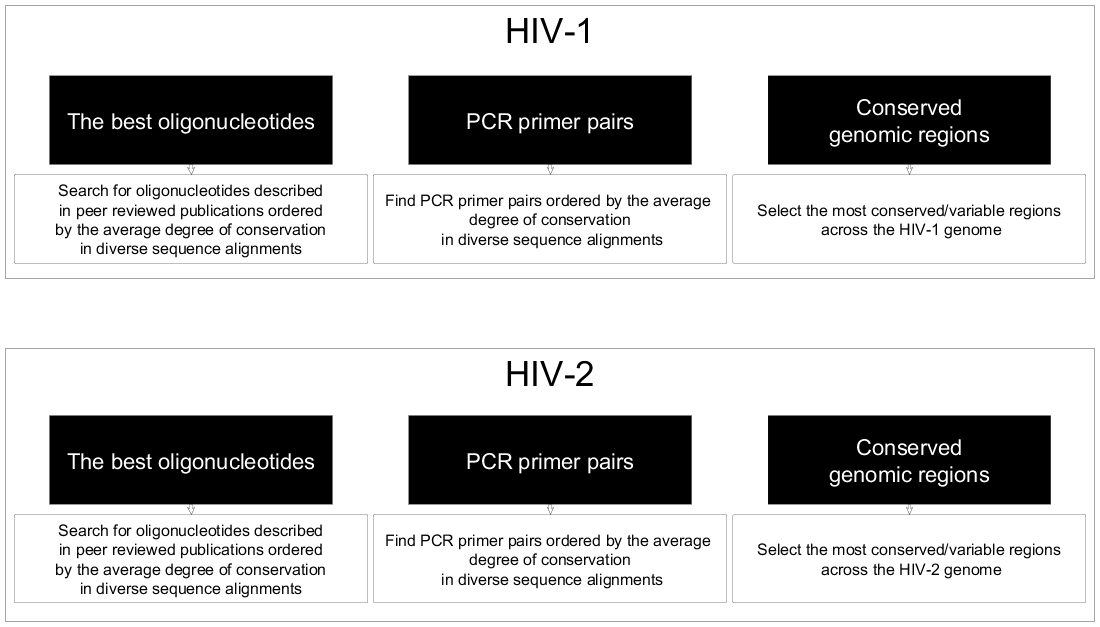
Welcome To Hivoligodb

Table 1 Pcr Primer Pairs

Empirical Testing Of 16s Rrna Gene Pcr Primer Pairs Reveals Variance In Target Specificity And Efficacy Not Suggested By In Silico Analysis Applied And Environmental Microbiology
Www Jove Com Pdf 590 Jove Protocol 590 Detection Retrotransposition Activity Hot Line 1s Long Distance
Q Tbn 3aand9gctvfxchhuftpc Zex Bfuwfrm9 C8 Dg3mp9u1pmqfbzgxvz Go Usqp Cau

Bistro Primer Tool To Design And Validate Specific Pcr Primer Pairs For Phylogenetic Analysis Semantic Scholar
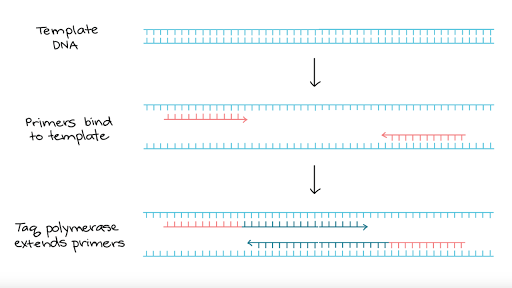
Polymerase Chain Reaction Pcr Article Khan Academy

Which Pair Of Primers Should Be Used To Amplify The Orf In Pcr Biology Stack Exchange
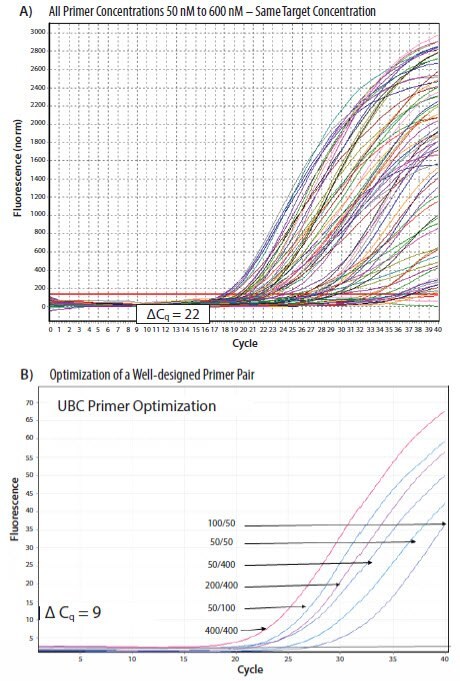
Primer Validation For Optimum Assay Performance Pcr Guide Sigma Aldrich

American Journal Of Botany
2

Tetra Primer Arms Pcr Optimization To Detect Single Nucleotide Polymorphism Of The Klf14 Gene
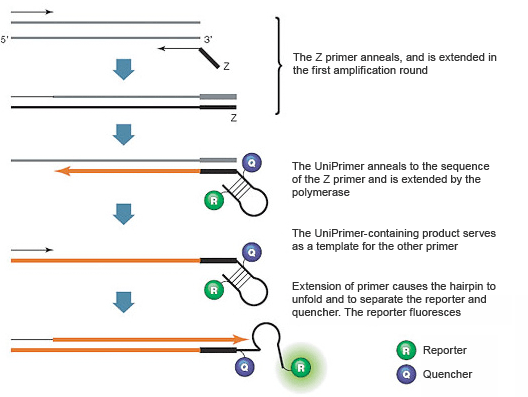
Introduction To Pcr Primer Probe Chemistries Lsr Bio Rad

How To Create Real Time Pcr Primers Using Primer Blast
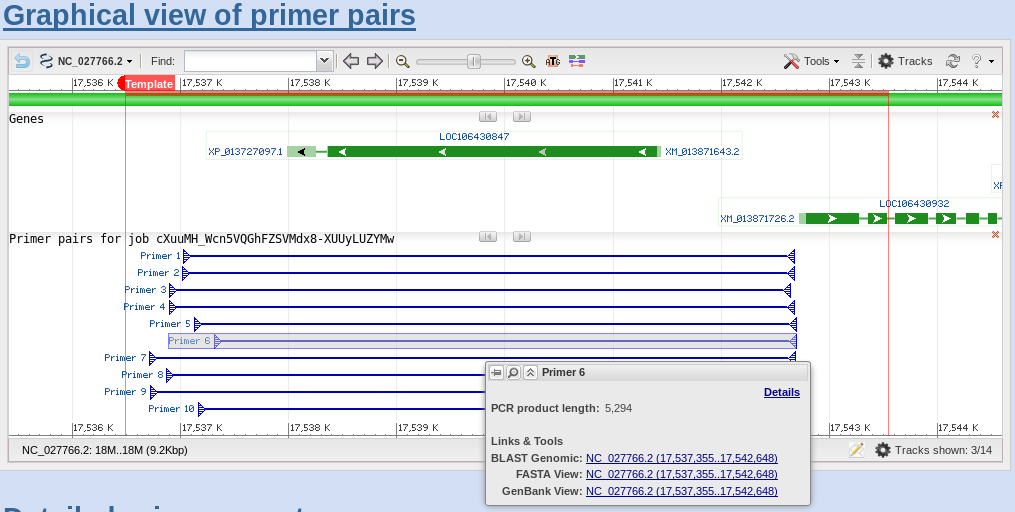
Birch Designing Pcr Primers To Amplify A Gene From Genomic Dna
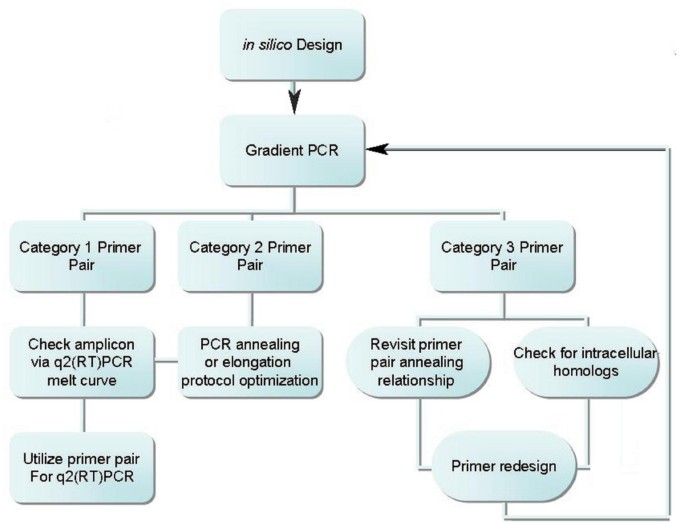
A Plastome Primer Set For Comprehensive Quantitative Real Time Rt Pcr Analysis Of Zea Mays A Starter Primer Set For Other Poaceae Species Springerlink
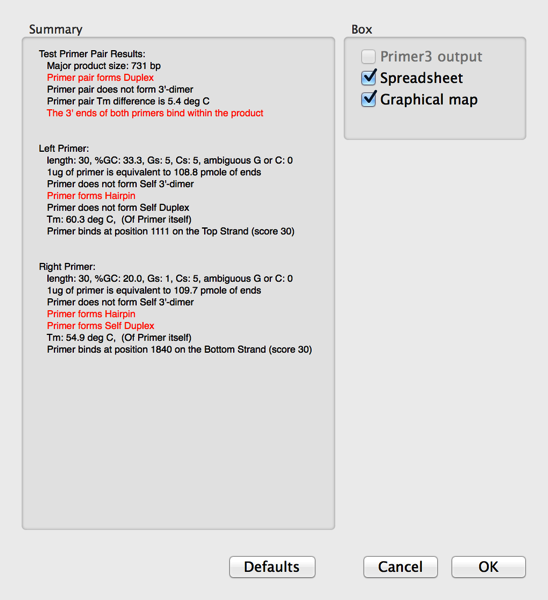
Testing Pairs Of Pcr Primer
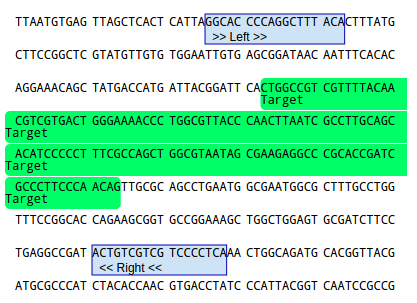
How To Design Primers For Pcr
Bmcgenomics Biomedcentral Com Track Pdf 10 1186 1471 2164 9 633

Polymerase Chain Reaction Wikipedia
Plos One Novel Pcr Primers For The Archaeal Phylum Thaumarchaeota Designed Based On The Comparative Analysis Of 16s Rrna Gene Sequences

How To Select Primers For Polymerase Chain Reaction
Gtpb Github Io Elb19f Assets 04 Primer Design Practical Pdf
2

Pcr Primer Pair And Their Sequences Download Table
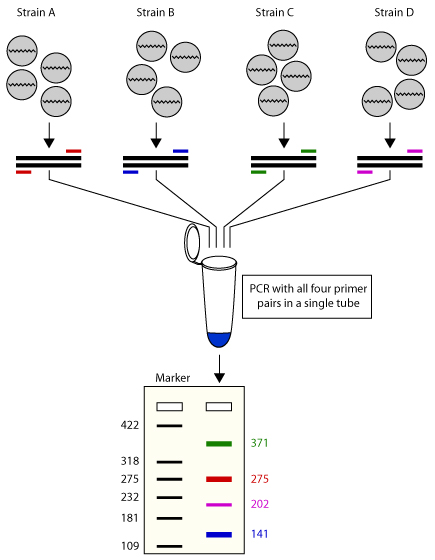
Multiplex Pcr An Overview Of Multiplex Pcr Assay Primer Design For Multiplexing Primer Design Software For Multiplex Pcr
Www Jstor Org Stable
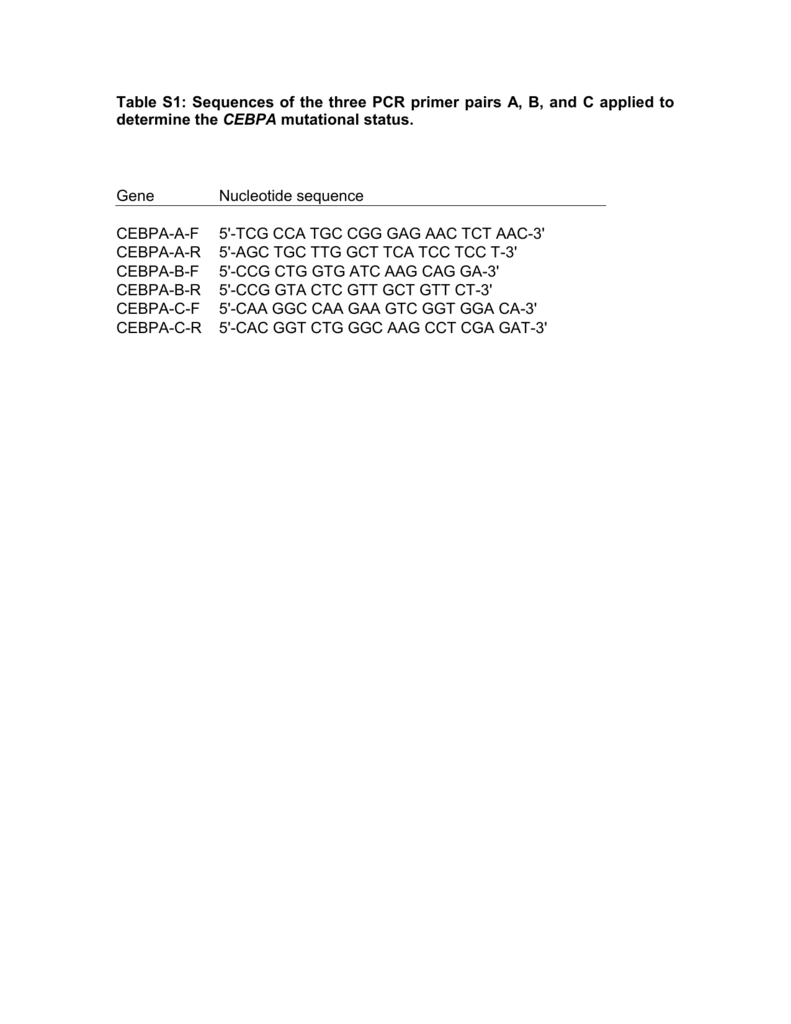
Table S1 Sequences Of The Three Pcr Primer Pairs A B
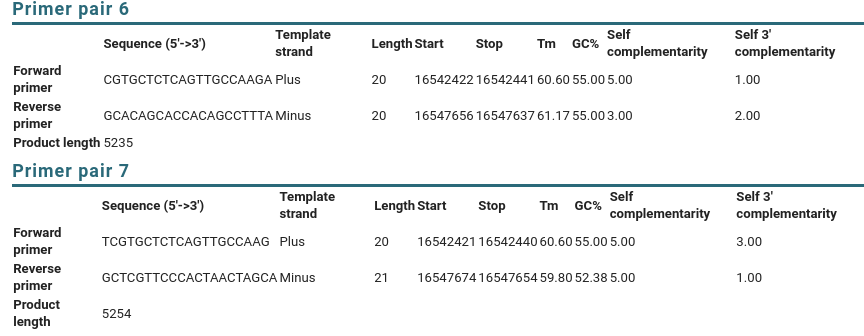
Birch Designing Pcr Primers To Amplify A Gene From Genomic Dna

Primer Design Tutorial Geneious Prime

Pcr Primer Pairs Used In This Study Download Table
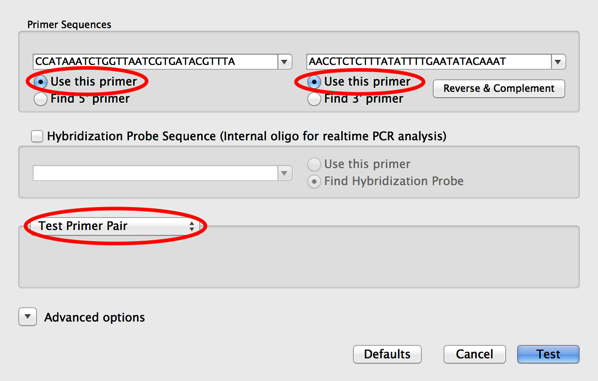
Test Pcr Primer Pairs Using The Primer Design Primer3 Interface
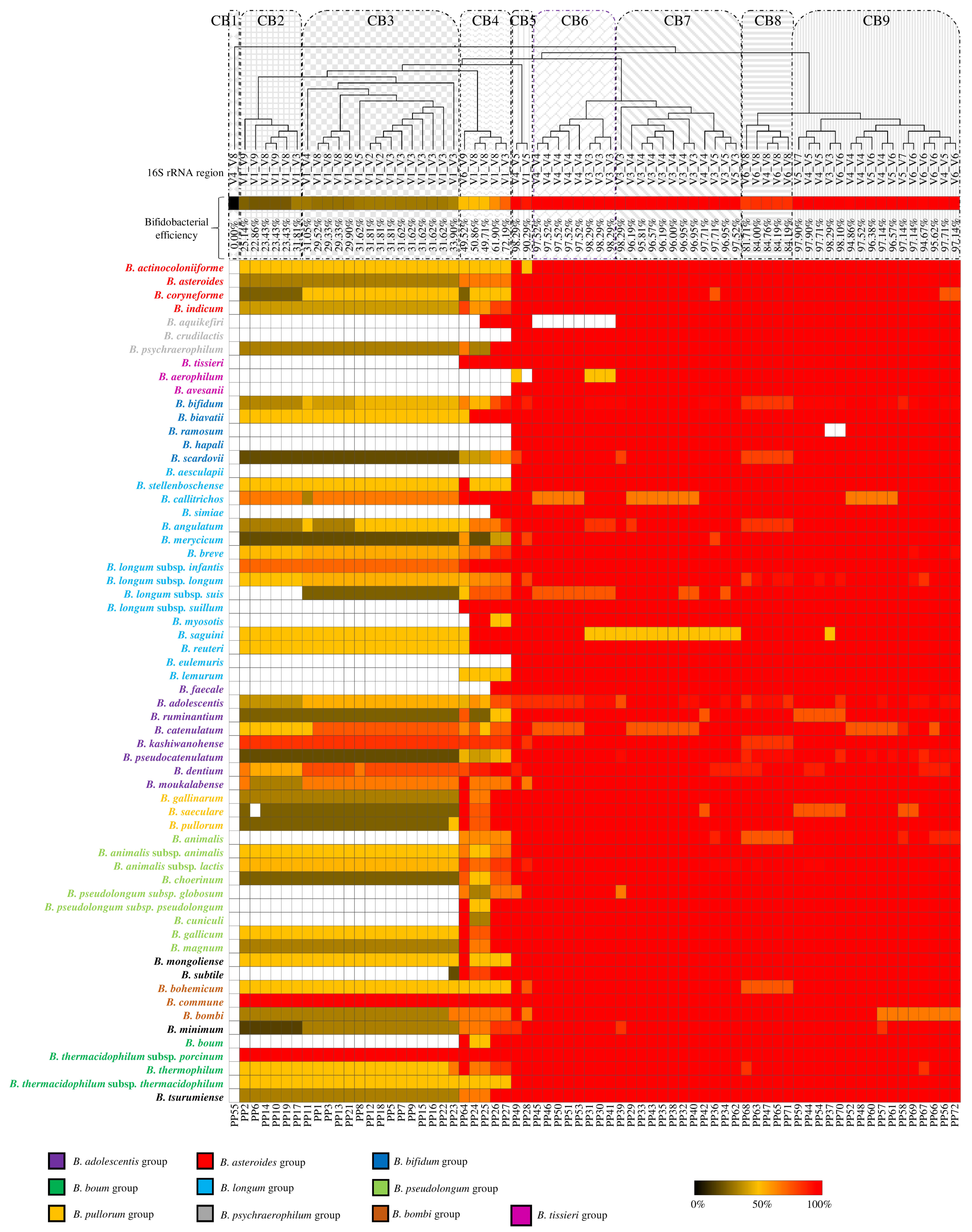
Microorganisms Free Full Text The Impact Of Primer Design On Amplicon Based Metagenomic Profiling Accuracy Detailed Insights Into Bifidobacterial Community Structure Html
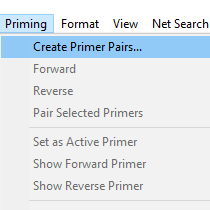
Pcr Primer Design Dnastar
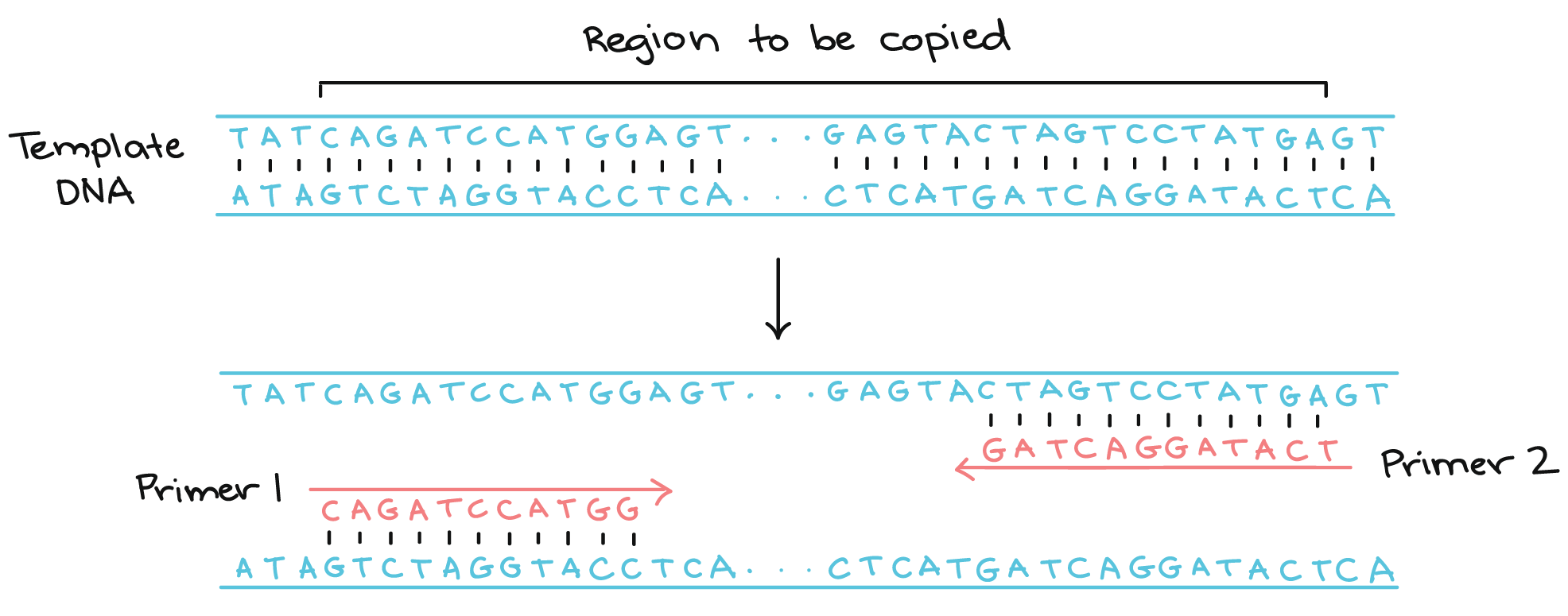
Polymerase Chain Reaction Pcr Article Khan Academy

Bme105h1 Lecture Notes Winter 15 Lecture 8 Gc Content Complementary Dna Thought Experiment

Literature Based Manually Curated Database Of Pcr Primers For The Detection Of Antibiotic Resistance Genes In Various Environments Sciencedirect

Pcr Primer Design In Silico Pcr And Oligonucleotides

Multiplex Polymerase Chain Reaction An Overview Sciencedirect Topics
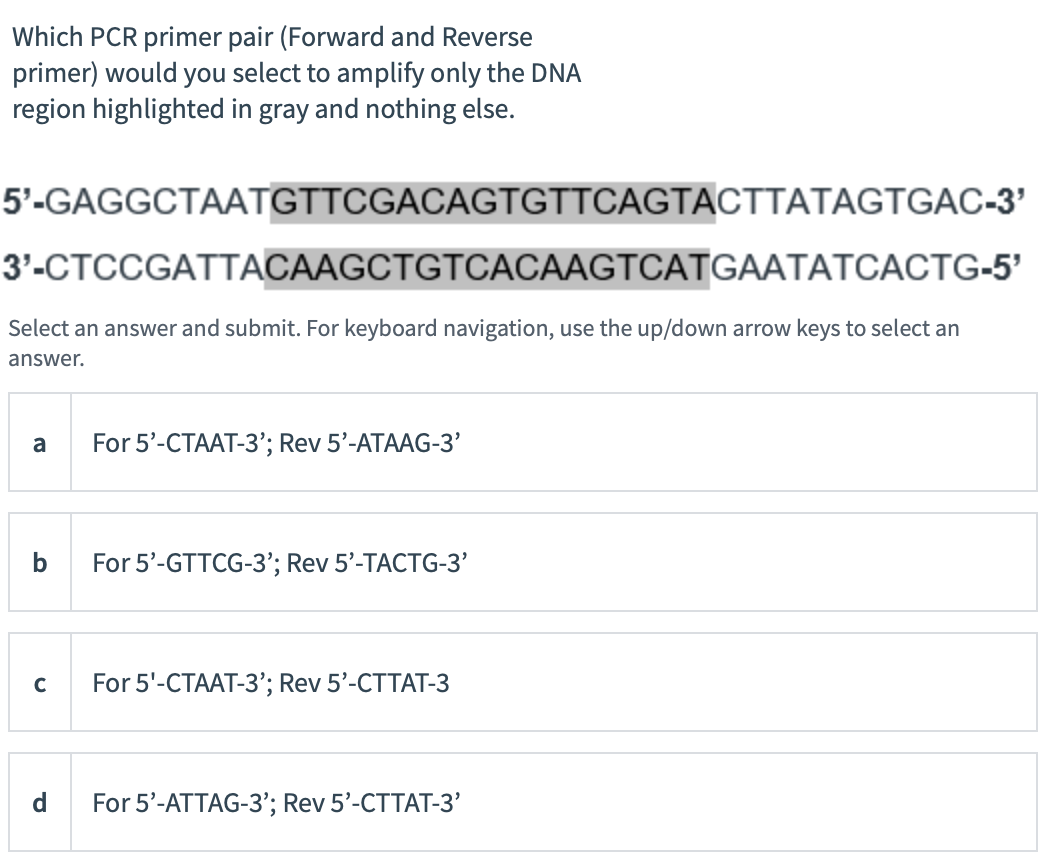
Solved Which Pcr Primer Pair Forward And Reverse Primer Chegg Com
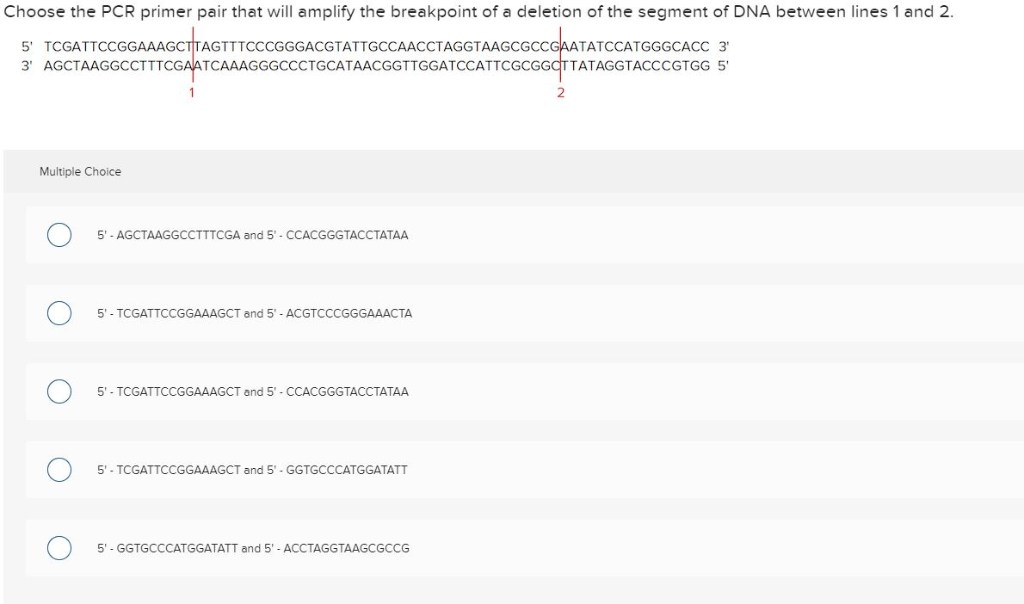
Solved Choose The Pcr Primer Pair That Will Amplify The B Chegg Com
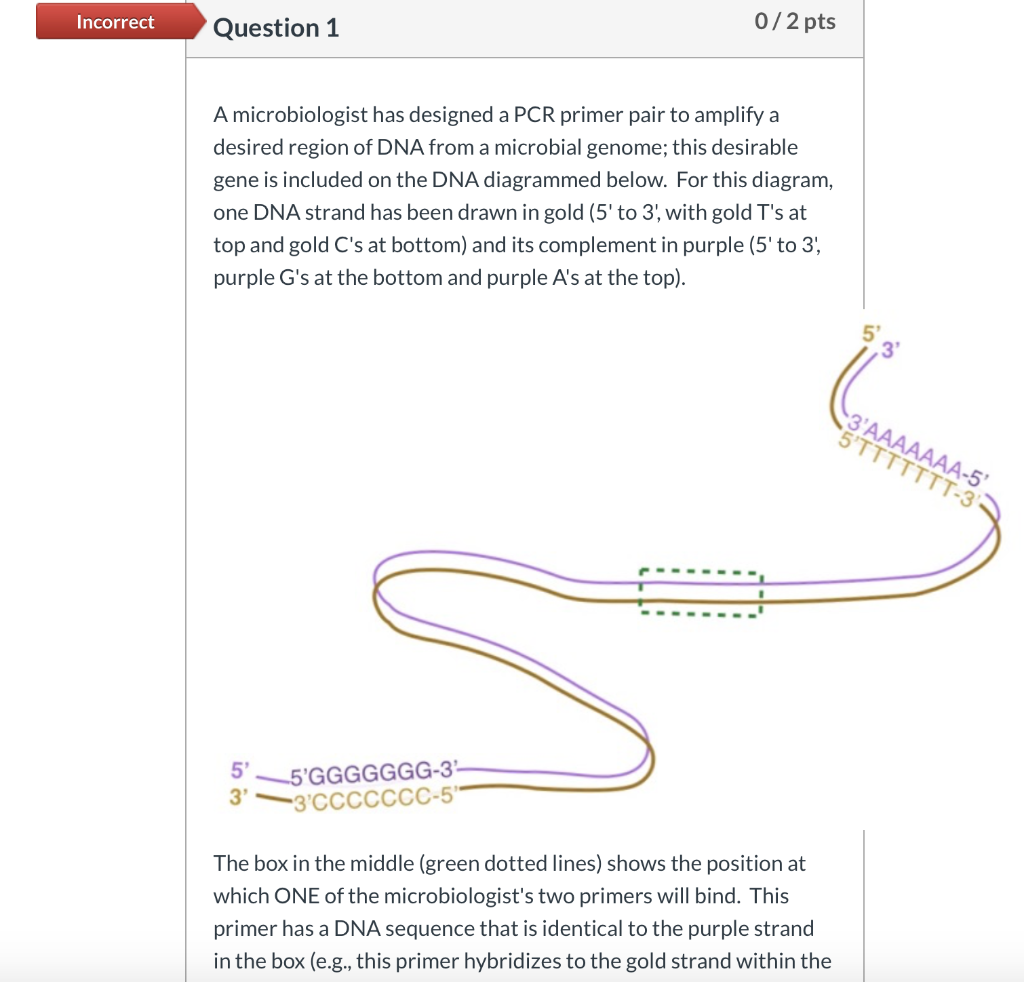
Solved Incorrect Question 1 0 2 Pts A Microbiologist Has Chegg Com

A Bioinformatics Workflow For The Evaluation Of Rt Qpcr Primer Specificity Application For The Assessment Of Gene Expression Data Reliability In Toxicological Studies Sciencedirect
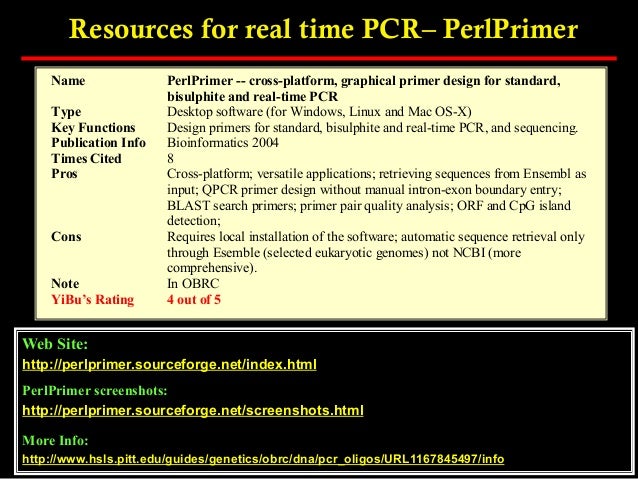
Pcr Primer Design

Pcr Based Assay For Mating Type And Diploidy In Chlamydomonas Biotechniques
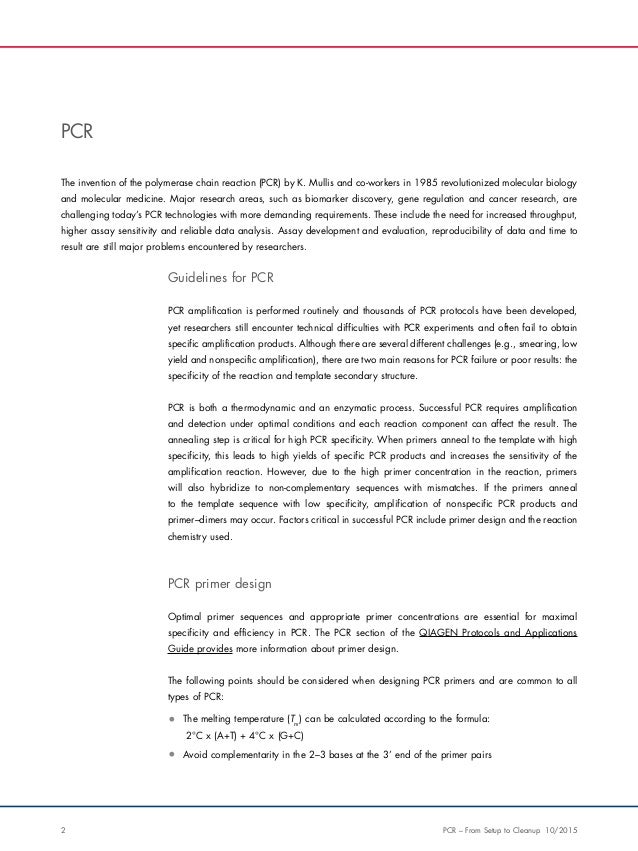
Pcr From Setup To Cleanup A Beginner S Guide With Useful Tips And
Q Tbn 3aand9gcrxpzzbwseiaace2zrsrmi21mtsxiztoadbzfj4cqv6110qknvm Usqp Cau
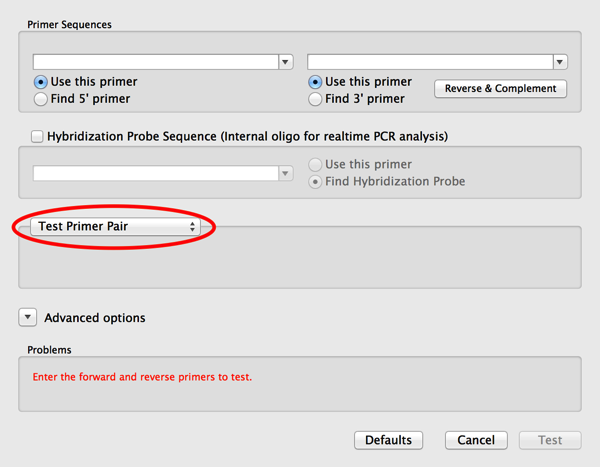
101 Things You Maybe Didn T Know About Macvector 37 Testing Pcr Primer Pairs Using Primer3

Cpt Galaxy Training
2

Primegensw3
2

Rt Pcr Primer Pairs And Pcr Product Sizes Download Table

How To Create Real Time Pcr Primers Using Primer Blast
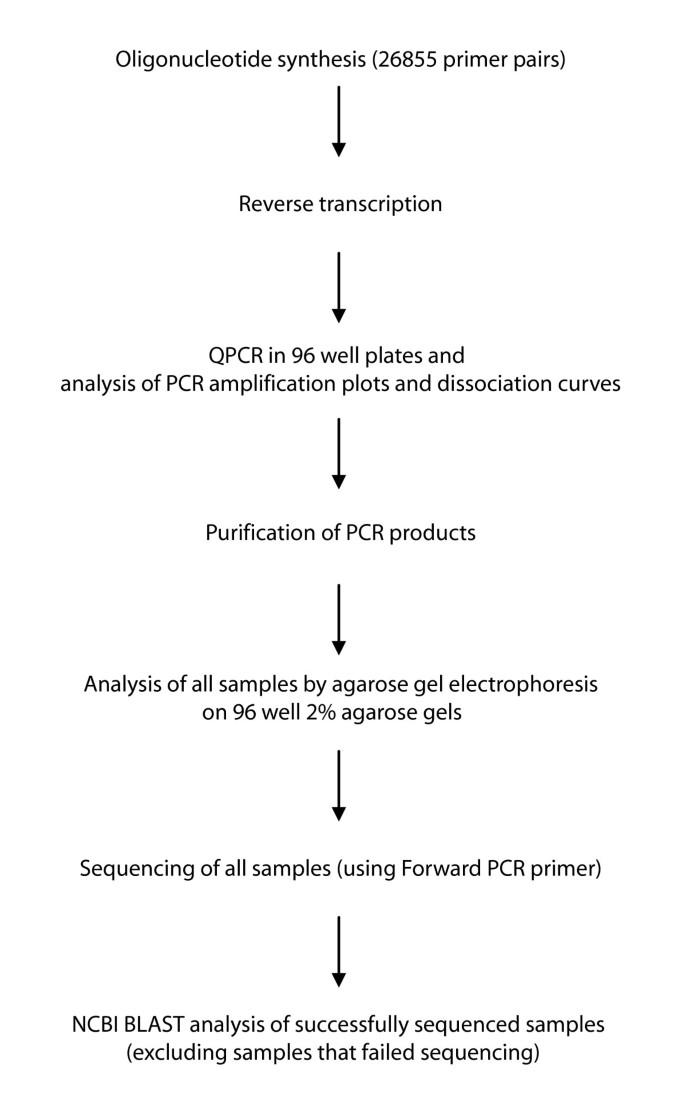
A Comprehensive Collection Of Experimentally Validated Primers For Polymerase Chain Reaction Quantitation Of Murine Transcript Abundance Bmc Genomics Full Text

Primer3 Bioz Ratings For Life Science Research

vs1 Int5 Pcr Primer Pairs Ge Origene
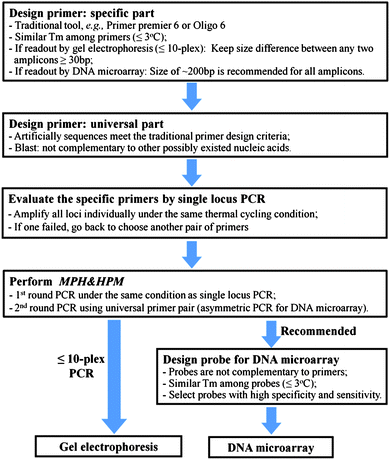
A Universal Multiplex Pcr Strategy For 100 Plex Amplification Using A Hydrophobically Patterned Microarray Lab On A Chip Rsc Publishing

Perlprimer

Introduction To Pcr Primer Probe Chemistries Lsr Bio Rad

Woa1 Pcr Primer Pair And Application Thereof Google Patents
Epublications Marquette Edu Cgi Viewcontent Cgi Article 10 Context Theses Open
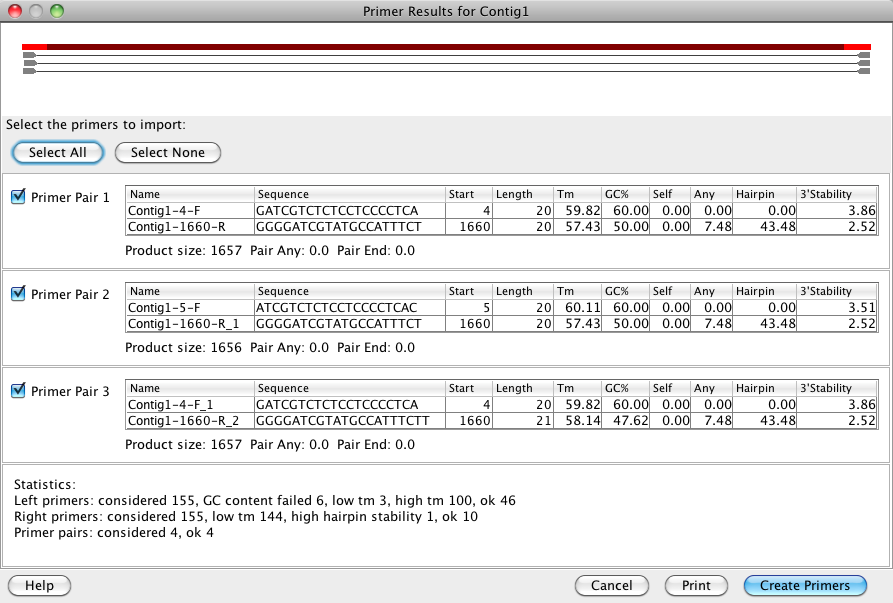
Primer Design In Codoncode Aligner

Pcr For Sanger Sequencing Thermo Fisher Scientific Es
Q Tbn 3aand9gcqzninymvxcoxl6ityd4zga 5jbhu67honfuwvj3pcas6qidmae Usqp Cau
Plos One Oligonucleotide Primers For Targeted Amplification Of Single Copy Nuclear Genes In Apocritan Hymenoptera

How To Select Primers For Polymerase Chain Reaction

Introduction To Pcr Primer Probe Chemistries Lsr Bio Rad

Development Of Genome Wide Insertion And Deletion Polymorphism Markers From Next Generation Sequencing Data In Rice Rice Full Text

Linear After The Exponential Late Pcr An Advanced Method Of Asymmetric Pcr And Its Uses In Quantitative Real Time Analysis Pnas
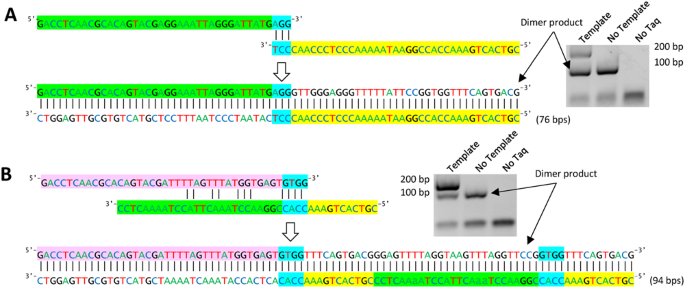
Primerroc Accurate Condition Independent Dimer Prediction Using Roc Analysis Scientific Reports
In Silico Pcr Primer Design And Gene Amplification Benchling

Principles Of Direct Sequencing And Genomic Qpcr For Ge Open I

Untitled Document

Epa1 Pcr Primer Set For Bacterial Dna Amplification Kit For Detecting And Or Identifying Bacterial Species And Method For Detecting And Or Identifying Bacterial Species Google Patents
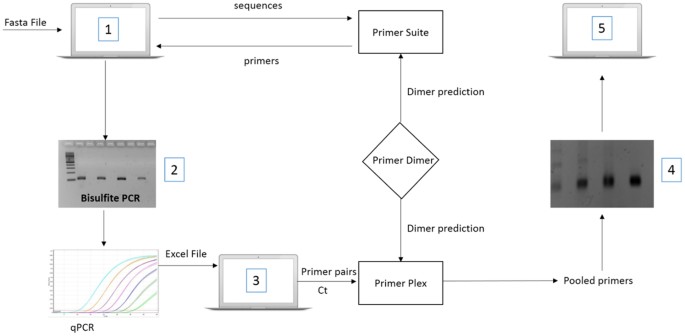
Primersuite A High Throughput Web Based Primer Design Program For Multiplex Bisulfite Pcr Scientific Reports

Fastpcr Manual

Table 1 From Family Specific Vs Universal Pcr Primers For The Study Of Mitochondrial Dna In Plants Semantic Scholar
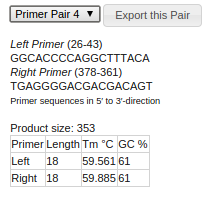
How To Design Primers For Pcr

Multiplexed Identification Of Blood Borne Bacterial Pathogens By Use Of A Novel 16s Rrna Gene Pcr Ligase Detection Reaction Capillary Electrophoresis Assay Journal Of Clinical Microbiology

Protocol Primer Design

Pcr Primer Design In Silico Pcr And Oligonucleotides

Primer Pairs R D Systems
Plos One Pcr Artifact In Testing For Homologous Recombination In Genomic Editing In Zebrafish
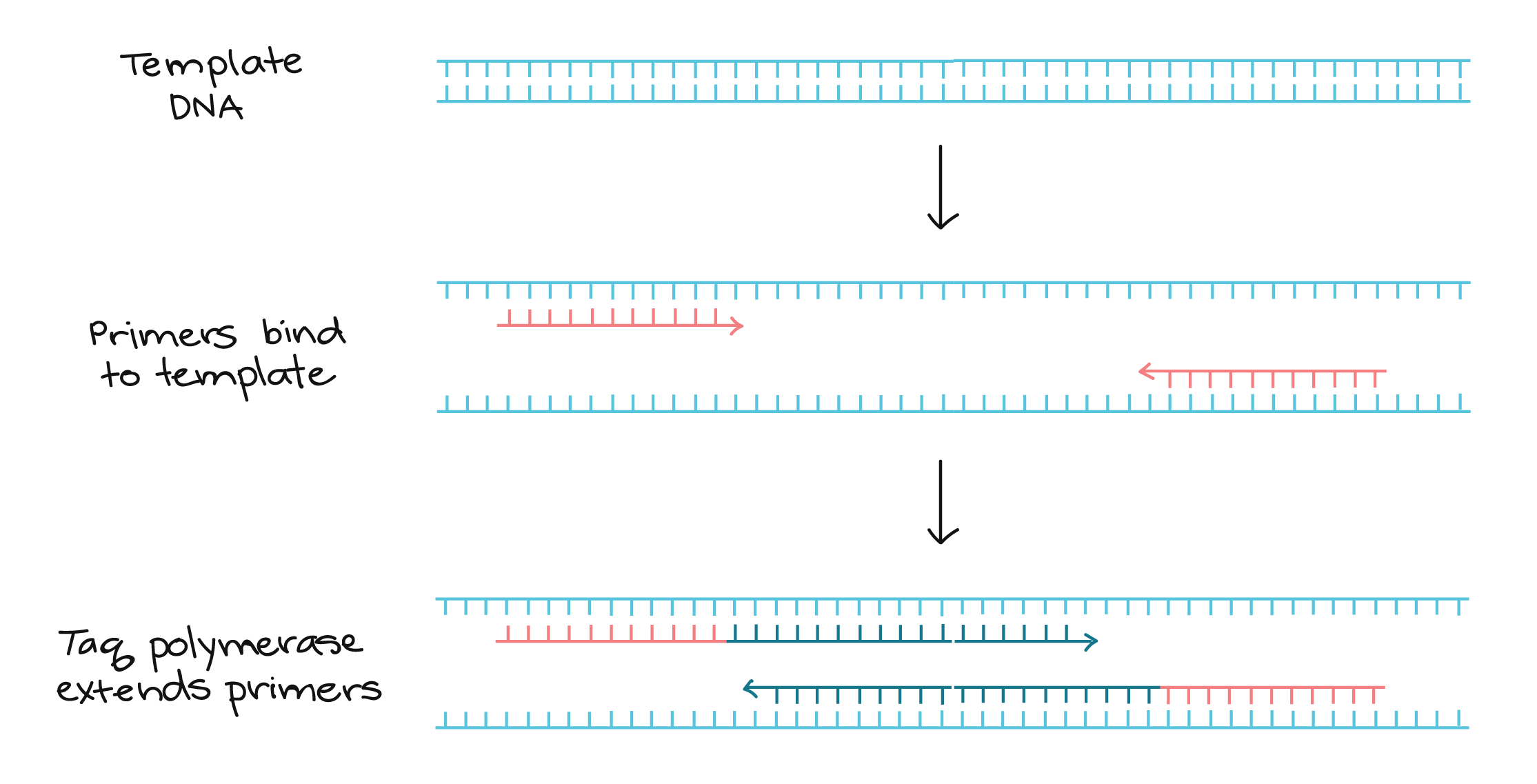
Polymerase Chain Reaction Pcr Article Khan Academy

Answered Four Different Pairs Of Pcr Primers In Bartleby

Pcr For Sanger Sequencing Thermo Fisher Scientific Es

Untitled Document
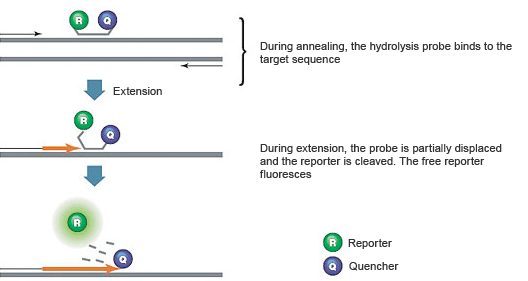
Introduction To Pcr Primer Probe Chemistries Lsr Bio Rad

Rt Pcr Primer Pairs Download Table
Plos One A Novel Universal Primer Multiplex Pcr Method With Sequencing Gel Electrophoresis Analysis
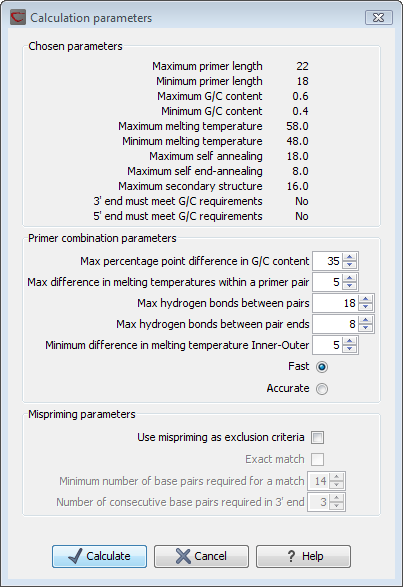
Nested Pcr
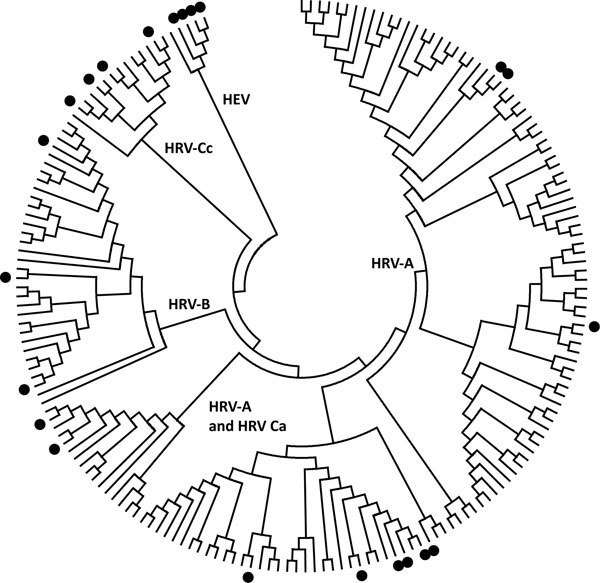
Figure Usefulness Of Published Pcr Primers In Detecting Human Rhinovirus Infection Volume 17 Number 2 February 11 Emerging Infectious Diseases Journal Cdc
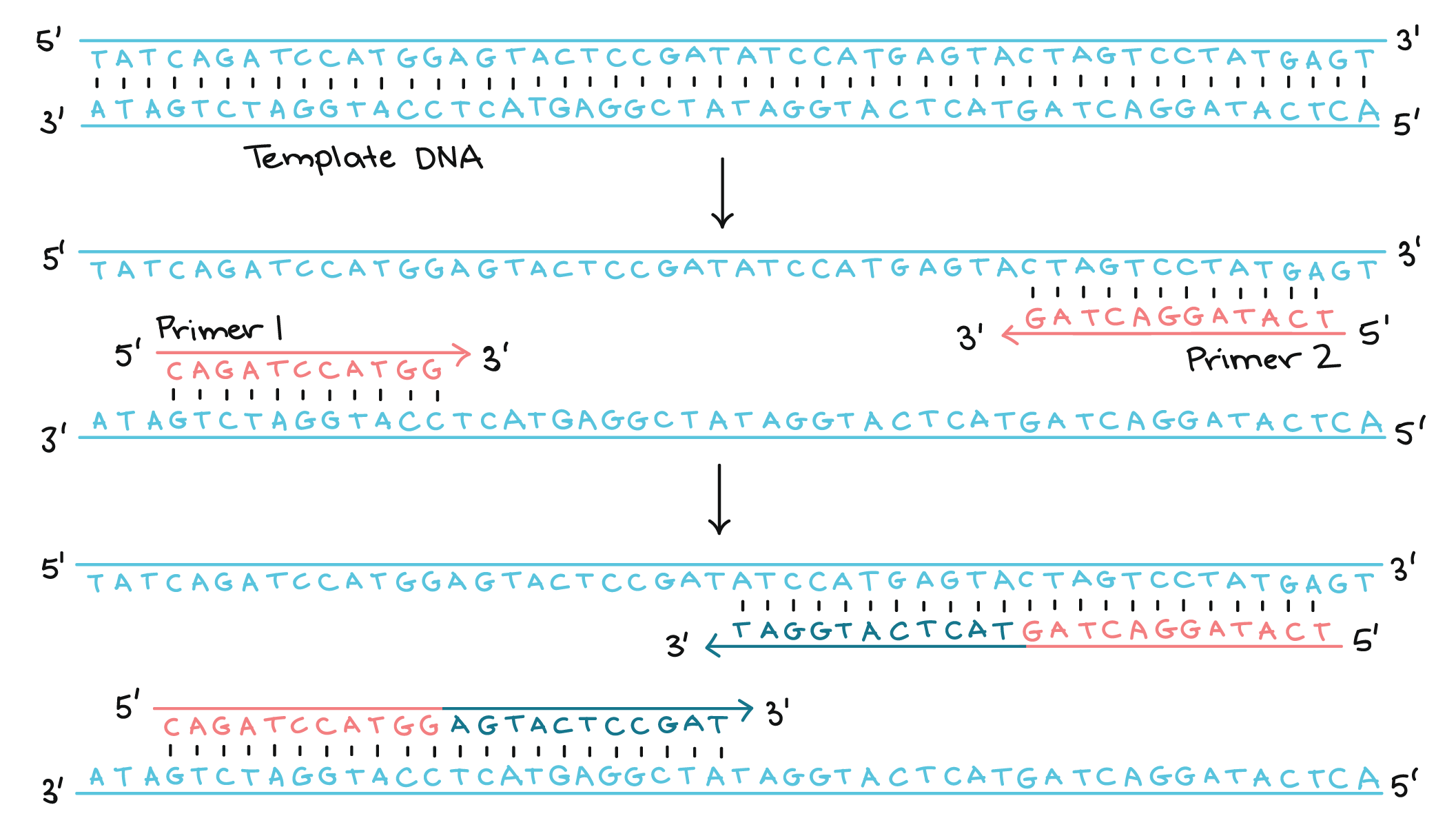
Polymerase Chain Reaction Pcr Article Khan Academy

Using Pcr Primers With Recombinase Polymerase Amplification

Application Of Pcr Amplicon Sequencing Using A Single Primer Pair In Pcr Amplification To Assess Variations In Helicobacter Pylori Caga Epiya Tyrosine Phosphorylation Motifs Topic Of Research Paper In Veterinary Science



